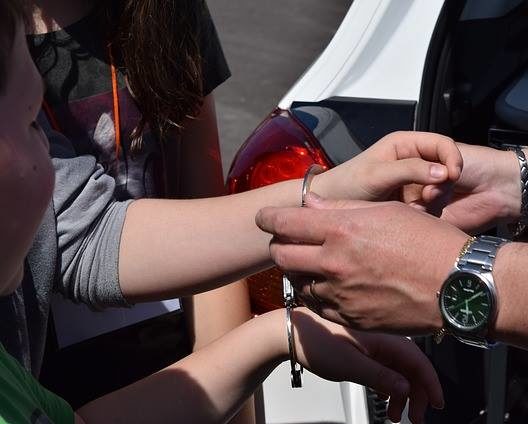 The Youth Criminal Justice Act (YCJA) requires that youth court matters be conducted very differently than adult criminal matters. It’s important that your counsel is familiar with the unique sentencing goals and structure outlined in the YCJA.
The Youth Criminal Justice Act (YCJA) requires that youth court matters be conducted very differently than adult criminal matters. It’s important that your counsel is familiar with the unique sentencing goals and structure outlined in the YCJA.
John Erickson is a criminal defence lawyer in Toronto with nearly 20 years of experience representing youths in court. Whether you require representation immediately after an arrest to secure fair sentencing during trial or to assist you during a bail hearing, Erickson Law can help.
Call (416) 363-3612 or write to info@ericksonlaw.ca to book your free consultation with a criminal defence lawyer in Toronto.
Understanding Youth Criminal Law
Individuals who are under 18 years of age will be charged under the Youth Criminal Justice Act (YCJA) and tried in youth court. The YCJA explicitly states that young people facing criminal allegations will be treated differently than adults. Generally speaking, the YCJA aims to promote rehabilitation and reintegration rather than emphasizing punitive measures. This difference is largely due to the fact that criminologists, psychologists, and lawmakers have agreed that youths have a lower degree of moral culpability for their actions.
Section 25 of the YCJA requires that a young person has a right to a criminal defence lawyer in Toronto at any stage of the proceedings and that the arresting officer must immediately inform the youth of this right to representation. In sensitive matters involve youth crime, it is imperative that you choose a criminal defence lawyer in Toronto with the knowledge, skills and experience to navigate this distinct system of sentencing.
John Erickson has nearly 20 years of experience handling youth court matters as a criminal defence lawyer in Toronto. Give your child the best possible chance at successful defence by choosing qualified counsel. Call (416) 363-3612 for a free consultation with Erickson Law today.
What sentences apply to young offenders?
Section 42 of the YCJA outlines the kinds of sentences that a youth court judge may give as a youth sentence. Sentences may include:
∙ a reprimand;
∙ an absolute discharge;
∙ a conditional discharge;
∙ a fine;
∙ a compensation order to amend any property damage or loss of income (often completed through personal or community services);
∙ probation;
∙ deferred or straight custody.
According to Section 39 of the Act, a youth court judge will not commit a young offender to custody unless they have committed a violent offence, failed to comply with non-custodial sentences, committed an indictable offence for which an adult could be sentenced to more than two years and has a history of previous findings of guilt, or in exceptional cases where the young person has committed an indictable offense and the aggravating circumstances of the offence are such that only a custodial sentence would be consistent with the purposes of the YCJA.
How do bail procedures change in youth cases?
There are a number of important procedural variances that occur when bail procedure is pertaining to youth court matters.
The YCJA states that the Court should not detain young offenders as an alternative to proper child protection, mental health or social services. Youth court judges will not detain a young offender unless the offence is particularly violent, serious, or part of an established pattern of criminal non-compliance.
For more information on how bail procedures change in youth cases, speak with a criminal defence lawyer in Toronto at (416) 363-3612 at no cost.

